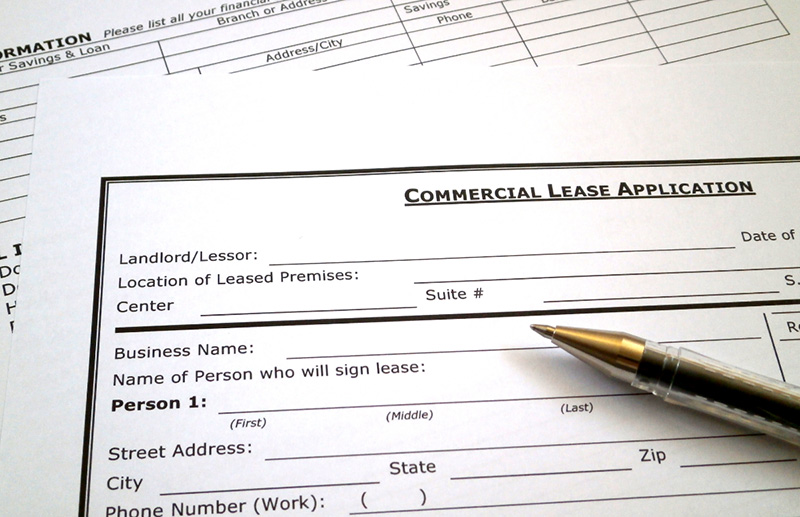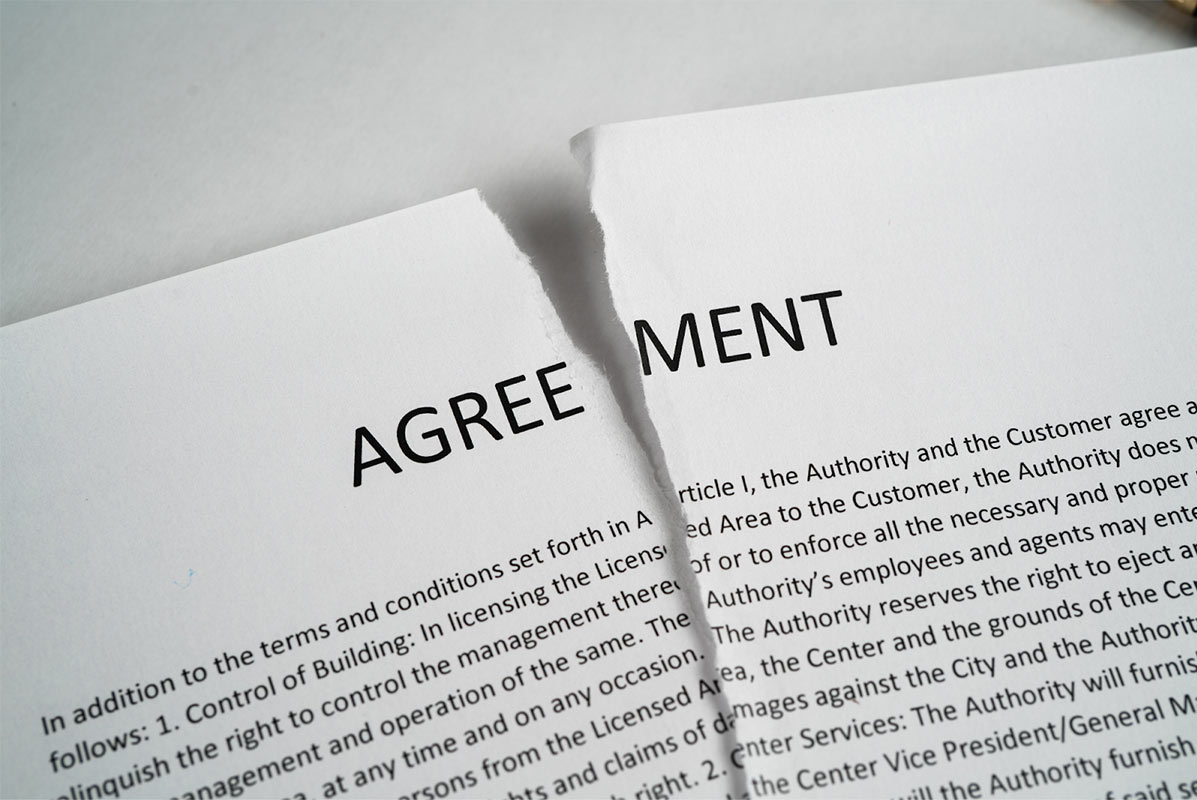
I Was Injured in a Car Accident in 2020: Will ICBC Compensate Me For My Injuries?
ICBC Minor Injury Caps
In 2019, ICBC implemented a cap for the amount of pain and suffering compensation available to be paid out to those who have sustained minor injuries in a road accident. For those who were injured in an accident from April 1st, 2019 to March 31st, 2020 the maximum amount is $5,500. For those injured from April 1st, 2020 to March 31st, 2021 the cap is $5,627 and for...

ICBC Says My Injuries are Minor: What are My Rights?
If you have incurred an injury that has been life changing for you, you most likely think of it as anything but minor. However, ICBC may not agree with you. If you have sustained an injury in a road accident, it is important to have a good understanding of how ICBC deems an injury minor or not and what your rights are if you disagree with ICBC’s categorization of your injuries as minor. This...

Commercial Tenancy and Quiet Enjoyment
What is Quiet Enjoyment?
Quiet enjoyment is a basic right of any residential or commercial tenancy agreement (lease), that protects tenants’ rights to be able to enjoy their space in quiet without unreasonable disturbances. Although the covenant employs the word “quiet”, it is about much more than noise. It is an assurance against any substantial interference by the landlord or those claiming...

CRT Says Retroactive Fines Improper: Shen v The Owners, Strata Plan LMS 970, 2020 BCCRT 953.
In order to understand the nuances of how retroactive fines work and when they may be deemed improper, we can look to the example of a recent case, Shen v The Owners, Strata Plan LMS 970, 2020 BCCRT 953. In this case, the Civil Resolution Tribunal (CRT) found that retroactive fines were not proper in this particular instance due to the strata’s failure to properly notify the owner of the...

Disclosure Obligations in Residential Real Estate Transactions: What You Need to Know
Buyer Beware
Many people know that the doctrine caveat emptor, which means “let the buyer beware,” is applicable to real estate transactions. This means that, for the most part, it is the purchaser’s responsibility to identify any issues with a given property by having it properly inspected and inquiring about the condition of the property/structure that they are buying. However, the seller...

How Specific Performance can Remedy a Breach of a Contract of Purchase & Sale
What is a Contract of Purchase and Sale?
When one party sells a piece of real estate to another party, they enter into a Contract of Purchase and Sale, commonly known as a CPS. This is a contract that stipulates what is required of both parties in order to complete the transaction. If these requirements are not met, the CPS is considered breached and the sale does not go through. Oftentimes...

Dog Bite Claims
Dog bites are traumatic experiences. Not only can victims acquire lasting injuries and disfiguring scars, but they can also develop a fear of dogs. These conditions can leave victims with pain, debilitating anxiety, and shame.
Who is at Fault?
You may be able to file a claim against the dog’s owner if a dog has injured you. However, in most cases, you must show the dog was inclined towards...

Backing Out of a Real Estate Deal
A flurry of residential real estate activity erupted over the last several years in B.C., resulting in competing offers, bidding wars and, often, astronomical prices. Fearing home prices would continue to escalate, eventually pricing them out of the market, many buyers jumped in, often presenting offers above asking and without conditions. Some buyers end up running into problems with...

Schoolyard Accidents
Schools are supposed to be safe for our children. Most school administrators and teachers are hardworking and conscientious, and most children have nothing but great memories of their schools and teachers. But sometimes terrible things happen at schools. Preventable injuries. Avoidable attacks. Faulty equipment.
Parents trust schools to protect their children. Schools must do everything that...

Personal Liability of a Director: are You at Risk?
A limited company is considered a “person” under Canadian law. As such, it is complete with its own legal right to do such things as enter into contracts, own assets, is subject to taxes, etc. A company is responsible for debts or liabilities it incurs in its operations. If, over time, the company incurs more debts that it can deal with and is unable to pay, it may become insolvent.
If the...
